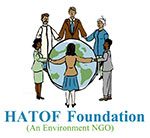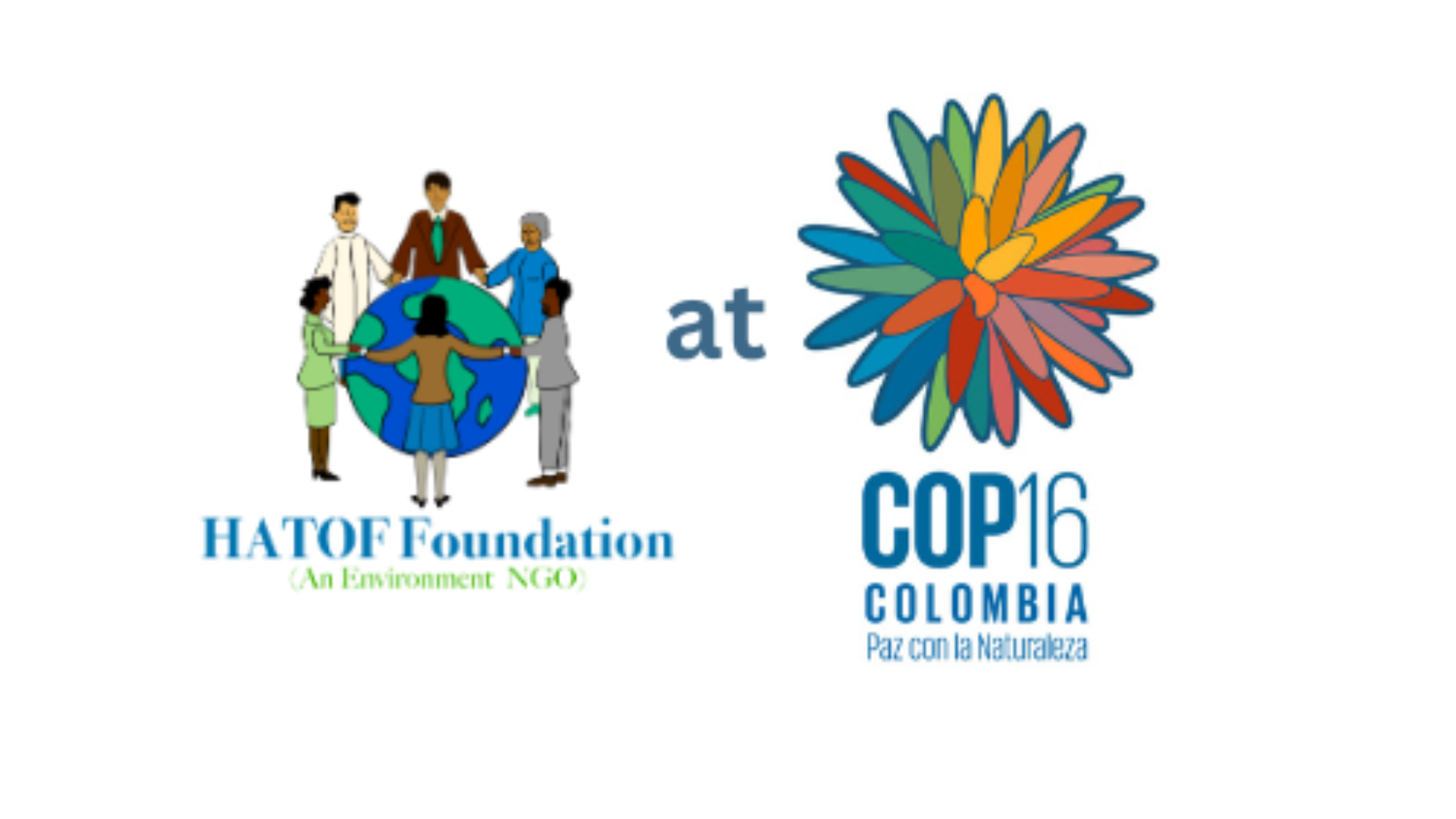October 28, 2024, Cali, Colombia – Yesterday, October 27, 2024, marked the end of the first week of the two weeks of negotiations on the Convention on Biological Diversity (CBD) in Cali, Colombia, and the stakes are already very high.
The main issues discussed at the COP, among other things, have been:
- finalization of the multilateral mechanism for fair and equitable sharing of benefits from Digital Sequence Information (DSI) on genetic resources,
- mobilization of biodiversity finance,
- integration of climate change and biodiversity and
- recognition and leveraging the contribution of Indigenous people and local communities to biodiversity conservation.
The first week was already characterized by contentious positions and disagreements, particularly on lack of clarity on what constitutes DSI, the scope of biological information DSI should cover, and how to address the potential conflict between DSI-related patents and traditional knowledge rights, as well as how to distribute monetary and non-monetary benefits derived from DSI data fairly.
Another bone of contention is securing sufficient funding and distributing it to developing countries to protect their diverse ecosystems. Some developing countries have clashed over the future of the Global Biodiversity Framework Fund (GBFF), created two years ago in Montreal, Canada, in 2022.
These biodiversity-rich nations believe that the current architecture of the GBFF puts them at a disadvantage. Hence, they want the GBFF replaced with a new Fund that balances the governance arrangement to give them equal representation and easier access to the fund and its resources.
As the first week of the negotiations ends, the stage is set for intense discussions in the second week. The arrival of ministers of state in the coming days will likely bring increased pressure to resolve these differences.
The high-level segment is scheduled for October 29-30, and ministers will join the negotiations, bringing their countries’ positions to the table. The outcome of these negotiations will be crucial in determining the success of COP 16 and the future of biodiversity conservation.
With over 15,000 delegates from almost every country, this two-week meeting is crucial for implementing the Kunming-Montreal Global Biodiversity Framework (KMGBF) adopted in 2022 at COP 15 in Montreal, Canada.
The KMGBF is the landmark global biodiversity plan that aims to address the alarming rate of biodiversity loss while promoting sustainable development. It sets four (4) ambitious goals and 23 targets for 2030, including protecting 30% of the world’s land and seas, reducing harmful subsidies, and restoring degraded ecosystems.
World leaders emphasized urgent collective action to protect biodiversity under the theme, “Peace with Nature,” at the conference’s opening on October 20, 2024, in Cali, Colombia.
Typical of all conferences, the opening witnessed many statements, including UN Secretary-General Antonio Guterres’s admission that nature must flourish for humanity to thrive.
The Executive Secretary of the Convention on Biological Diversity, Astrid Schomaker, admonished the global community to “seize the moment to ensure that biodiversity is not just preserved but also restored and valued for the crucial role it plays in sustaining life on Earth.”
Optimistic about the conference’s success, the Minister of Environment and Sustainable Development in Colombia, H.E. Susana Muhamad, was hopeful that the conference would bring concrete actions to fulfill the Kunming-Montreal Global Biodiversity Framework (KMGBF).
HATOF looks forward to COP16 adopting an ambitious decision on how the multilateral mechanism for the fair and equitable sharing of benefits arising from using digital sequence information (DSI) of genetic resources should operate, including creating a dedicated fund to collect and disburse the generated resources. We are also keen to understand better what constitutes non-monetary benefits from DSI.

